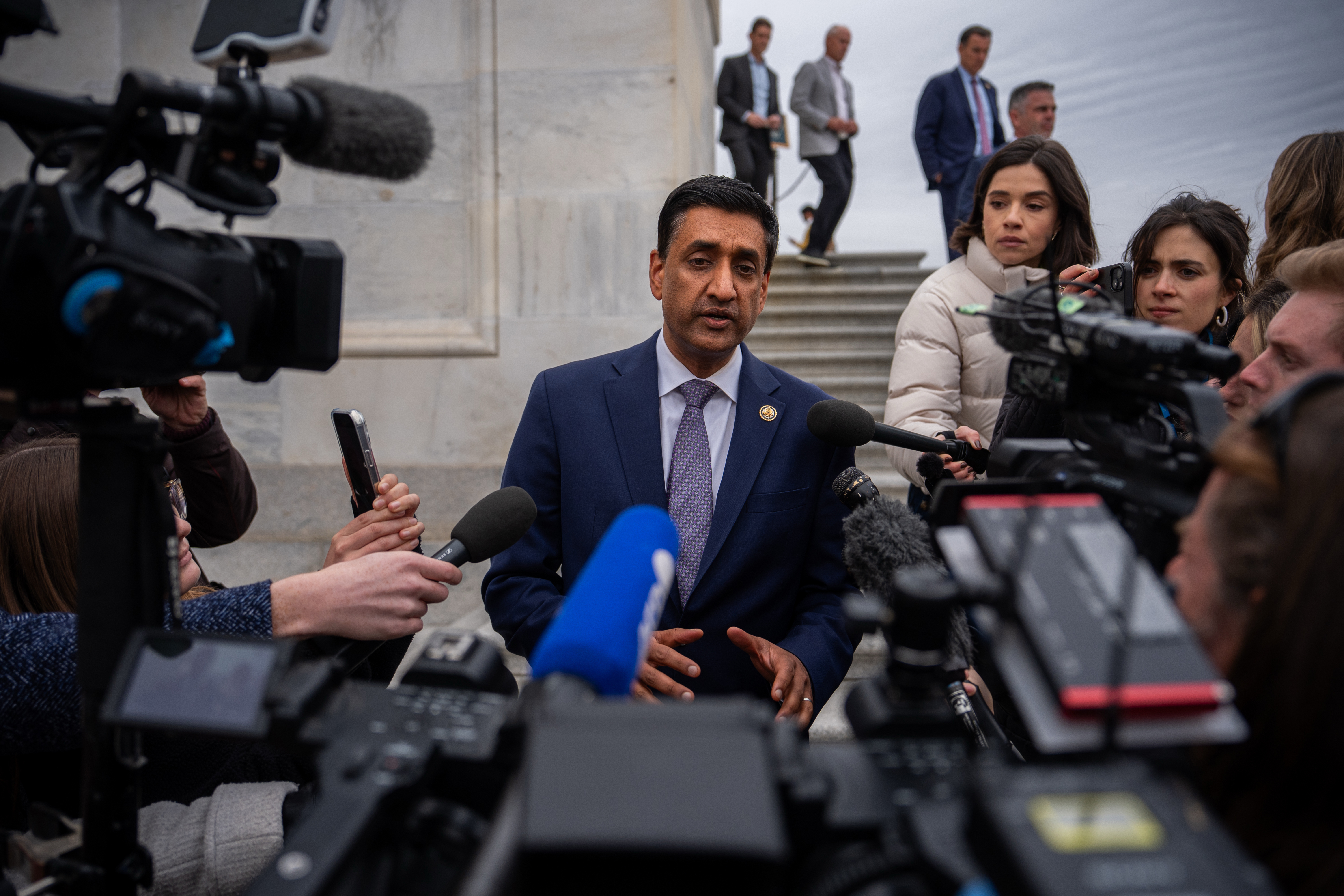The United Nations Human Rights Council voted to condemn the use of the death penalty as punishment for same-sex relations. An international LGBTQ advocacy group described the decision as "historic," but not all countries voted "yes."
The United States was one of 13 countries to vote "no."
The provision specifically condemns the "discriminatory application of the death penalty" imposed on women and members of the LGBTQ community. It also condemns the use of the death penalty on minors and people "with mental or intellectual disabilities."
Human rights advocates criticized the U.S.' vote, and former U.S. Ambassador to the U.N. Susan Rice tweeted: "I was proud to lead U.S. efforts at UN to protect LGBTQ people, back in the day when America stood for human rights for all."
Amid the criticism, the State Department clarified the U.S. does condemn the discriminatory use of the death penalty. It just doesn't condemn the death penalty itself.
"We voted against that resolution because of broader concerns with the resolution's approach in condemning the death penalty," said State Department spokesperson Heather Nauert.
BuzzFeed reports the U.S. has never supported any U.N. measure that condemns the death penalty.
In 2014, then-Ambassador Keith Harper abstained from a similar resolution and wrote: "International law does not prohibit capital punishment when imposed and carried out in a manner that is consistent with a state’s international obligations."
Four countries reportedly implement the death penalty nationwide for same-sex relations. Two other countries implement it provincially.




 How Do United Nations Sanctions Work? And Are They Effective?
How Do United Nations Sanctions Work? And Are They Effective?






